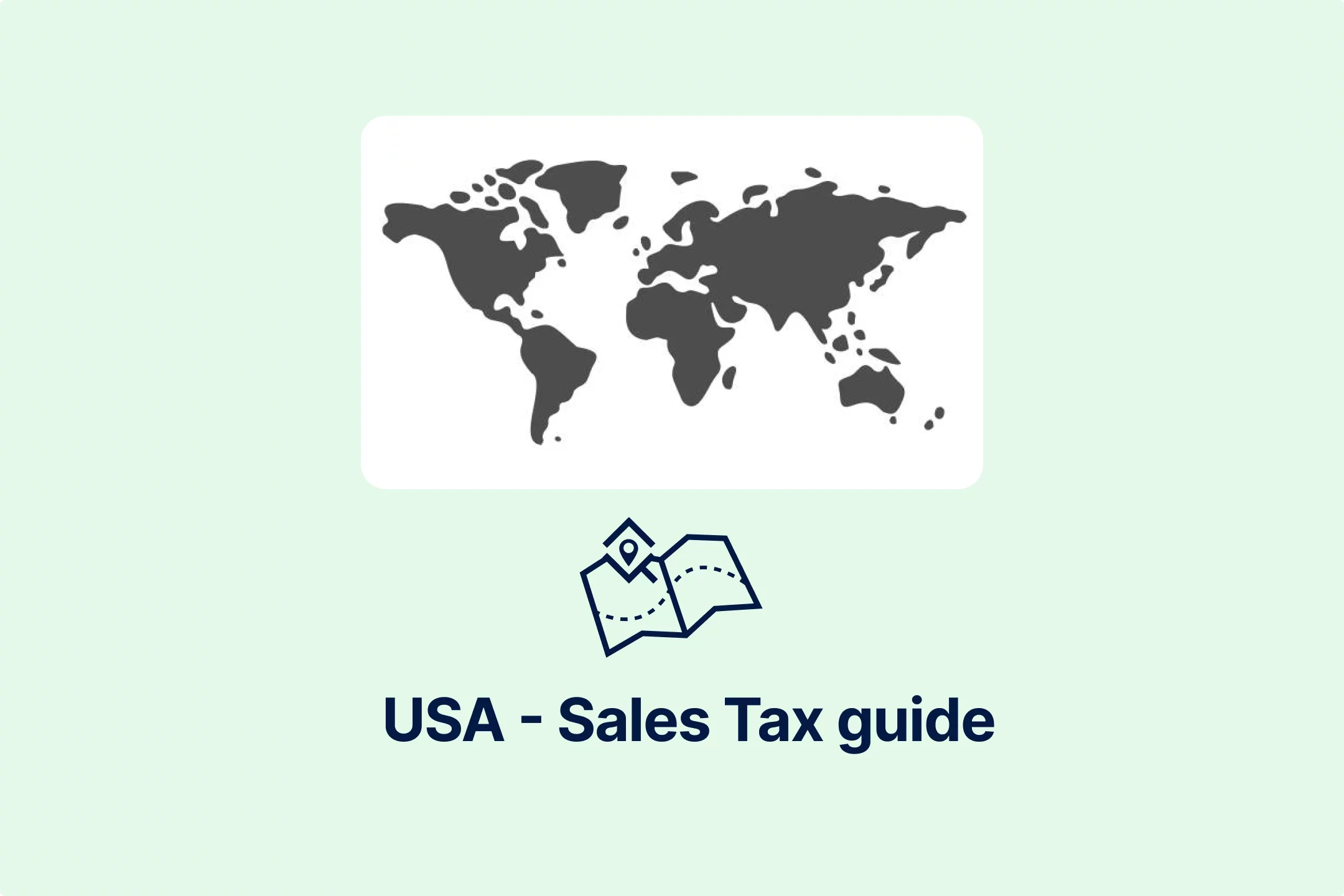La Cour suprême du Texas se prononce sur l'exonération de la taxe sur les ventes et l'utilisation pour les prisons privées

Lorsque l'on parle d'impôts indirects, les prisons et autres établissements pénitentiaires ne figurent pas parmi les premiers sujets qui viennent à l'esprit. Pourtant, aux États-Unis, il n'est pas rare que des sociétés gèrent des prisons privées et concluent des accords avec des agences gouvernementales fédérales ou étatiques pour héberger des détenus.
Dans une affaire concernant une prison privée, la Cour suprême du Texas a publié une décision sur la question de savoir si une société gérant ces prisons peut être exonérée des taxes sur les ventes et l'utilisation, à l'instar des agences gouvernementales des États-Unis ou du Texas.
Historique de l'affaire et décision de la Cour
GEO Group (GEO), une société basée en Floride, possède et exploite des établissements pénitentiaires à travers les États-Unis pour la détention de détenus fédéraux et d'État. Entre 2011 et 2014, la société a conclu des accords avec divers clients gouvernementaux pour exploiter des centres de détention au Texas. Au cours de cette période, GEO a acheté diverses fournitures pour gérer les installations, notamment de l'électricité, du gaz naturel, de la nourriture et du mobilier, pour lesquels elle n'a pas payé d'impôts.
Bien que GEO ait soutenu que ces achats étaient exonérés d'impôts, le contrôleur du Texas a rejeté ces arguments et a demandé un paiement de près de 4 millions d'USD. La GEO a payé le montant indiqué et a intenté une action en justice devant le tribunal de district pour demander un remboursement.
Le tribunal a déterminé que GEO n'est ni un agent ni un instrument des États-Unis ou de l'État du Texas, et que la société n'a pas réussi à prouver que ces transactions sont exonérées d'impôt. GEO a fait appel de cette décision devant la Cour d'appel, qui a confirmé que la société n'avait fourni aucune preuve ni cité de jurisprudence pertinente pour étayer ses affirmations.
Suite à cette décision, GEO a porté l'affaire devant la Cour suprême du Texas. La Cour suprême a souligné qu'il incombe à une société de démontrer qu'elle a droit à une exonération en apportant des preuves convaincantes à l'appui de sa demande. En outre, la Cour suprême a statué que la société n'était pas un instrument des États-Unis ou de l'État du Texas.
Faute d'avoir fourni les preuves nécessaires à l'appui de ses arguments, et compte tenu du fait qu'il s'agit d'une société privée et non d'une agence gouvernementale, la Cour suprême a conclu que GEO n'était pas exonérée de la taxe sur les ventes et l'utilisation au Texas. Par conséquent, la société n'a pas droit à un remboursement.
Conclusion
La décision de la Cour suprême du Texas confirme la complexité de la navigation dans les taxes de vente et d'utilisation américaines, ainsi que les distinctions entre ce système et les systèmes de TVA et de TPS. Par ailleurs, le fait que l'objet du litige était l'application des sales and use taxes dans les prisons privées est déjà spécifique en soi. Néanmoins, les assujettis opérant dans ce secteur devraient examiner attentivement les arguments exposés dans la décision.
Source de la décision : Cour suprême du Texas

Articles en vedette

Burkina Faso FEC Facturation électronique obligatoire à partir de juillet 2026
🕝 February 24, 2026
Réforme de la TVA au Mozambique : biens et services numériques à partir de 2026
🕝 February 17, 2026
Disparition de commerçants et fraude à la TVA : décision de justice en Lituanie
🕝 February 9, 2026
Formation continue en fiscalité et comptabilité : constituer des équipes pour un avenir plus rapide
🕝 January 27, 2026Plus de nouvelles de États-Unis
Obtenez des mises à jour en temps réel et des informations sur l'évolution de la situation dans le monde entier, afin d'être informé et préparé.
-e9lcpxl5nq.webp)




-fd4vrjrcmo.webp)











-qoqtiao7l2.webp)





-o0xyg5unvs.webp)










-sug7vykj81.webp)

















-pofe7ucwz3.webp)









-de8hdb1bn3.webp)








-xbhr0m4jsb.webp)

-ae6fi6cjox.webp)














-b0fpsws1w1.webp)





















-x78wuofpzj.webp)
















-b44f1vjl1i.webp)

-priw8nq5xc.webp)


.png)

.png)






























